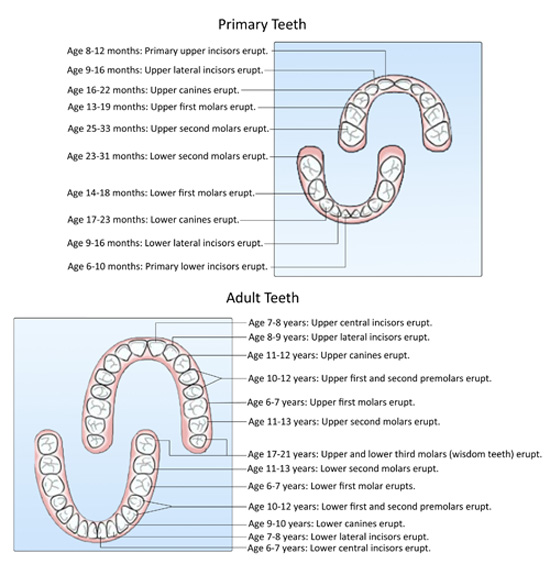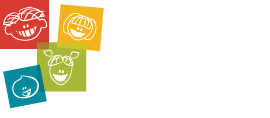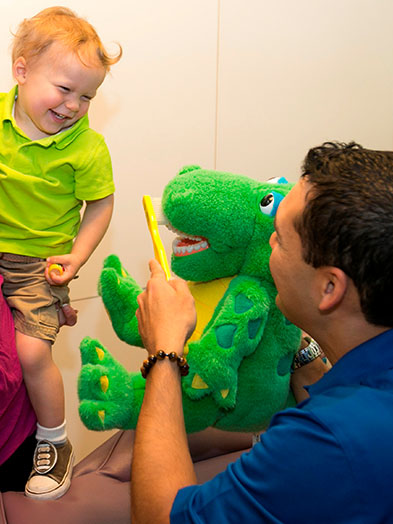Although it’s commonly said about primary teeth, “they’re baby teeth...they will just fall out anyways,” it’s crucial to understand that baby teeth remain vital for your child's health, growth and development, and general well-being.
Just as important as permanent teeth, your child's baby teeth require both routine professional dental care and diligent oral hygiene practices at-home. Decay can occur at any age, so it’s vital to schedule your child's first dental visit within six months of their first tooth eruption, or by their first birthday. During this initial visit, Dr. Sean and his team will examine for lip and tongue-tie, potential tooth decay and most importantly provide guidance on establishing lifelong oral health habits.
What role does baby teeth play?
By the age of three, most children have developed a complete set of primary teeth, also known as baby teeth. These primary teeth serve numerous essential functions, including:
- Facilitate a better diet and nutrition through proper chewing
- Aid in speech
- Enable uninterrupted learning in school by preventing dental pain-related distractions
- Create the proper pathway for the eruption of permanent teeth
- Enhance self-esteem through a beautiful smile
What happens if you leave dental decay in baby teeth?
Similar to adult teeth, not taking care of baby teeth can lead to cavities, dental pain and infections, which pose serious risks, particularly for young children with developing immune systems. Untreated decay can progress rapidly, forming abscesses, and leading to tooth extraction and necessitating the placement of a space maintainer to prevent dental misalignment.
Failure to preserve the space left by an extracted tooth can result in adjacent teeth shifting, leading to challenging-to-address crowding issues and potential orthodontic complications as permanent teeth emerge.
The most beneficial think you as a apparent can do is set a positive example of encouraging regular brushing and flossing habits from an early age. This not only promotes healthy set of baby teeth but also instills confidence in visiting the dentist, fostering a lifelong commitment to oral health.
The More You Know, the More You Can Teach
Did you know that individuals are born with 20 primary (baby) teeth, which begin erupting around seven months of age? Many of these teeth can be seen on digital X-rays on one of their early visits. By adulthood, all primary teeth have been replaced by 32 permanent teeth.
Tooth Eruption Chart



